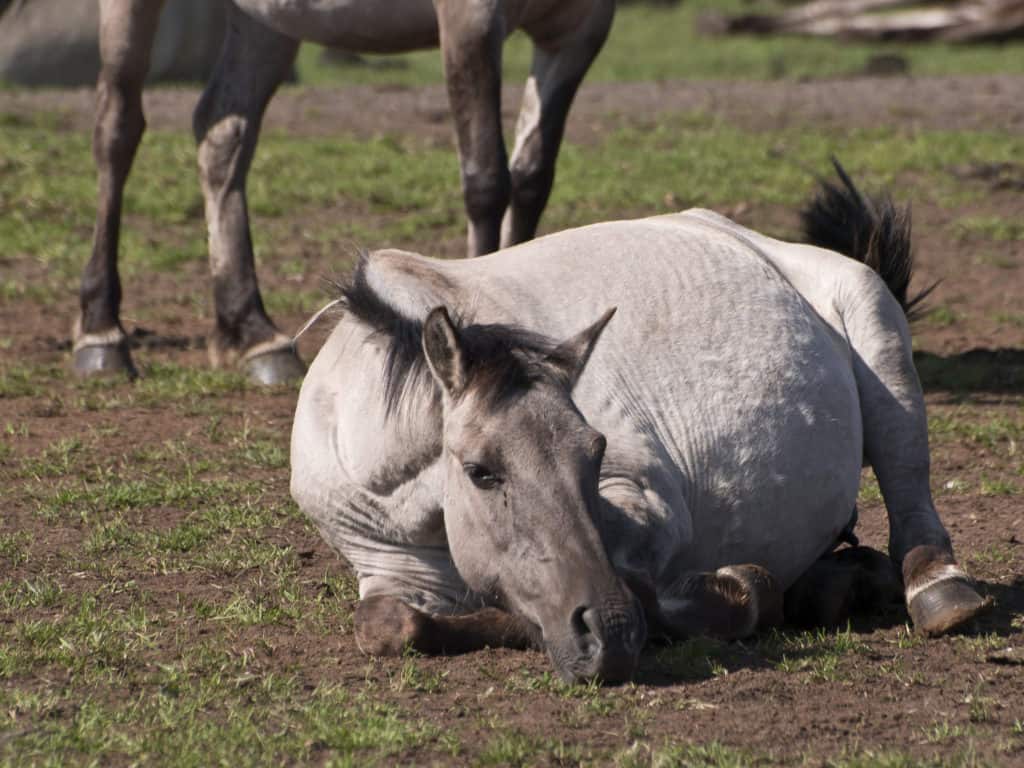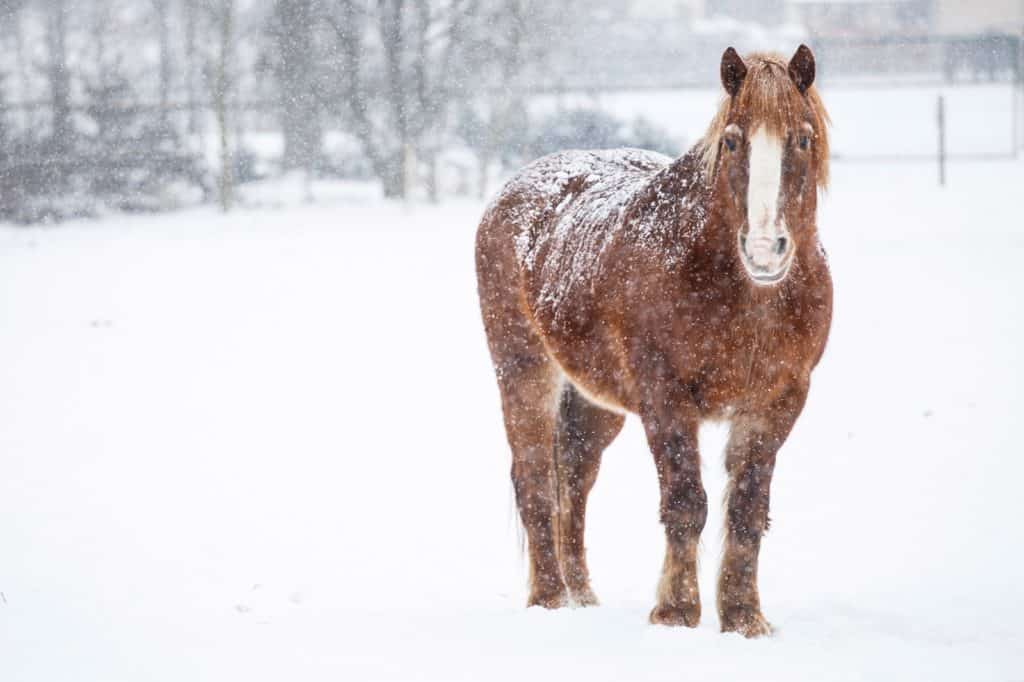
KineticVet, The Horse Bring You Equine Allergy Awareness Month
Do you have a horse with insect bite hypersensitivity, contact dermatitis, or respiratory allergies? Learn how to make him more comfortable. Sponsored by KineticVet.
Horse-health-problem risk factors, prevention, diagnosis, and treatment

Do you have a horse with insect bite hypersensitivity, contact dermatitis, or respiratory allergies? Learn how to make him more comfortable. Sponsored by KineticVet.

Humans, not insects, are now the major source of equine infectious anemia (EIA) infections.

Find out what conditions, beyond lameness, a veterinarian might uncover during a prepurchase exam.

Learn why this congenital malformation occurs in foals and how veterinarians, owners, and breeders can treat and prevent it.

One equine nutritionist offers dietary advice that might help reduce inflammation and guard against gastric ulcers during NSAID treatment for uveitis.

Learn about 10 common plants, chemicals, organisms, and toxins your horse should never eat.

Find out what a veterinarian might look for when examining a horse that loses his balance after jumping a fence.

Researchers suggest high-protein diets might be harmful for horses with ID.

Horse show environments can put sport horses at risk for developing skin problems. Learn what causes common skin issues and how to return horses to top form.

Veterinarians should consider medications for controlling hyperinsulinemia in horses only when diet and exercise prove insufficient.

This new system might make testing sick horses’ blood glucose levels more efficient.

Look for educational information about equine skin infections all week on TheHorse.com.

Taking these steps might help protect your mare and her foal.

Researchers know the typical clinical signs of EDM in horses but hope to uncover why it occurs, how to diagnose it in live animals, and potential treatment options.

Cold weather affects older horses more than it does their younger companions. Learn how to keep your senior comfortable and healthy during cold weather.

Decipher fact vs. fiction when it comes to the complicated world of feeding horses.
Stay on top of the most recent Horse Health news with
"*" indicates required fields